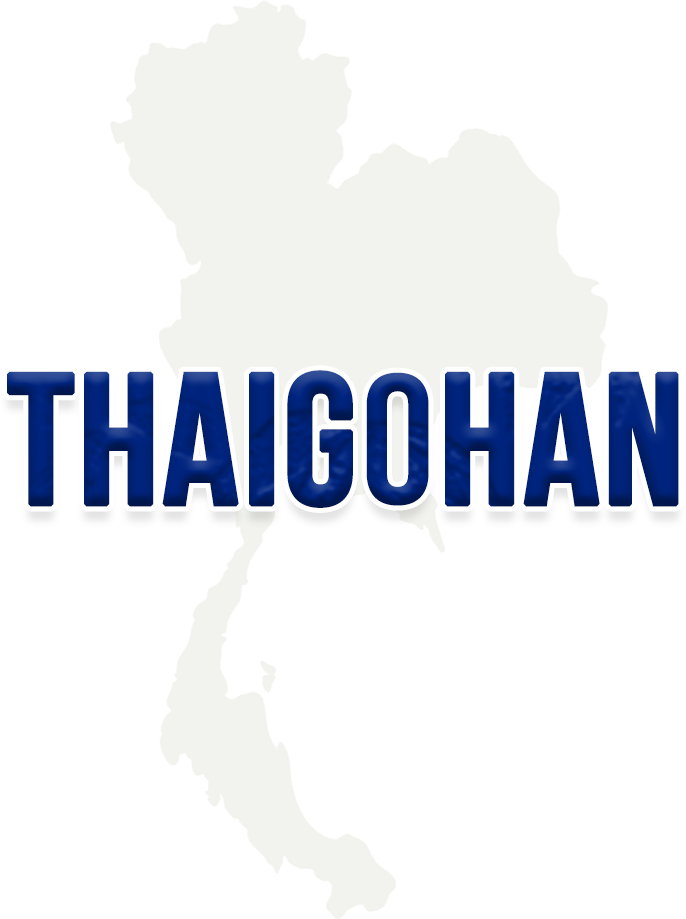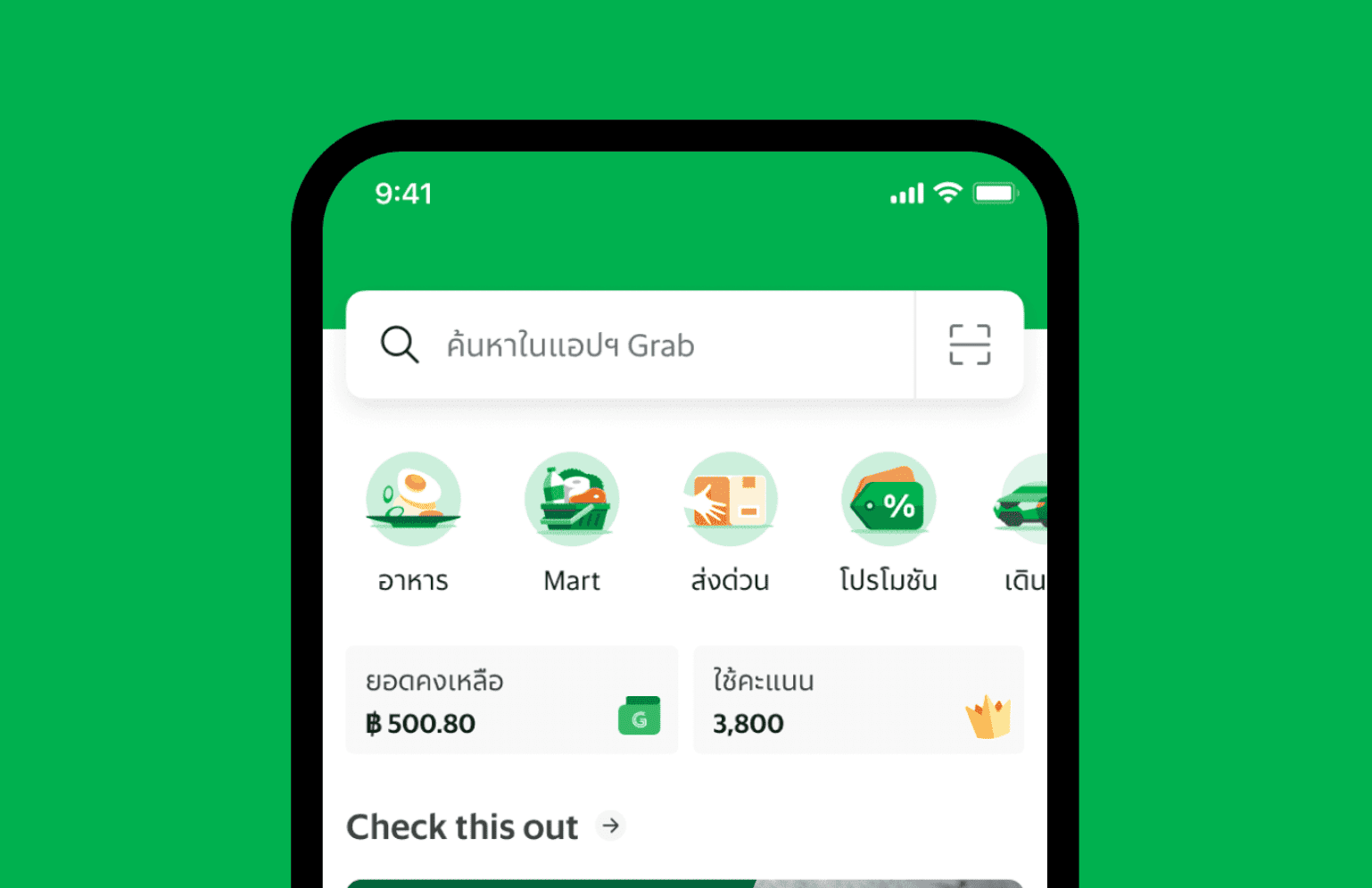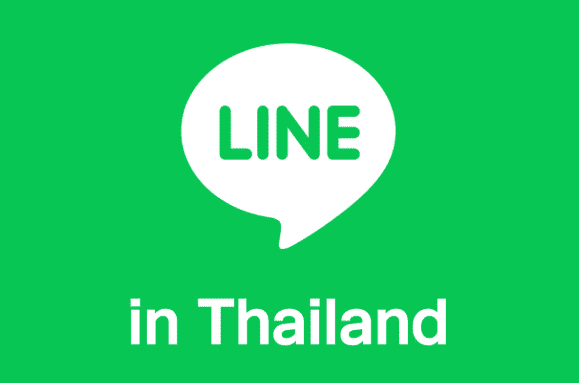Essential Thai Phrases for First-Time Travelers: 10 Must-Know Expressions

Thailand is a beautiful country that attracts travelers from all over the world with its stunning beaches, historical temples, and delicious cuisine. However, the Thai language is quite different from English or Japanese, which can make first-time travelers feel a bit uneasy about communication. Learning a few basic Thai phrases can make your trip much smoother and more enjoyable. In this article, we’ll introduce 10 essential Thai phrases that every beginner traveler should know.
目次
- 1. Hello – “Sawasdee” (สวัสดี)
- 2. Thank You – “Khop Khun” (ขอบคุณ)
- 3. Yes / No – “Chai” / “Mai Chai” (ใช่ / ไม่ใช่)
- 4. How Much? – “Thao Rai?” (เท่าไหร่)
- 5. Delicious – “Aroi” (อร่อย)
- 6. Help! – “Chuai Duai” (ช่วยด้วย)
- 7. Where is the Toilet? – “Hong Naam Yoo Tee Nai?” (ห้องน้ำอยู่ที่ไหน)
- 8. Excuse Me / Sorry – “Khaw Thot” (ขอโทษ)
- 9. Goodbye – “La Gorn” (ลาก่อน)
- 10. This – “Nee” (นี้)
- Conclusion
1. Hello – “Sawasdee” (สวัสดี)
Usage: “Sawasdee” is the standard greeting in Thai, and it can be used at any time of the day—morning, afternoon, or evening. To add politeness, men should end the phrase with “khrap” and women with “kha.” For instance, men would say “Sawasdee khrap” and women would say “Sawasdee kha.” This simple greeting will help you make a good first impression.
Examples:
- “Sawasdee khrap” (for men)
- “Sawasdee kha” (for women)
2. Thank You – “Khop Khun” (ขอบคุณ)
Usage: Expressing gratitude is important in any culture, and in Thai, you do so by saying “Khop Khun.” Just like with greetings, adding “khrap” or “kha” at the end makes it more polite. Saying thank you in Thai will not only be appreciated by the locals but will also help you connect with them.
Examples:
- “Khop Khun khrap” (for men)
- “Khop Khun kha” (for women)
3. Yes / No – “Chai” / “Mai Chai” (ใช่ / ไม่ใช่)
Usage: “Chai” means “yes,” and “Mai Chai” means “no.” These simple responses will come in handy when answering basic questions. Whether you’re confirming or declining something, these phrases are essential for quick and easy communication.
Examples:
- “Chai” (Yes)
- “Mai Chai” (No)
4. How Much? – “Thao Rai?” (เท่าไหร่)
Usage: This phrase is particularly useful when shopping or ordering food. “Thao Rai?” means “How much?” and is indispensable when you want to ask the price of something. Knowing this phrase can also help you when bargaining in markets, which is common practice in Thailand.
Examples:
- “Nee thao rai?” (How much is this?)
5. Delicious – “Aroi” (อร่อย)
Usage: Thai food is famous for its rich flavors, and “Aroi” is the word you’ll use to say “delicious.” Whether you’re eating at a restaurant or trying street food, letting the chef or vendor know that their food is delicious with a simple “Aroi” is sure to bring a smile to their face.
Examples:
- “Tom Yum Goong aroi!” (Tom Yum Goong is delicious!)
6. Help! – “Chuai Duai” (ช่วยด้วย)
Usage: If you find yourself in a difficult or emergency situation, “Chuai Duai,” meaning “Help!” is a crucial phrase to know. Whether you’re lost, need assistance, or find yourself in danger, shouting “Chuai Duai” will alert those around you to come to your aid.
Examples:
- “Chuai Duai!” (Help!)
7. Where is the Toilet? – “Hong Naam Yoo Tee Nai?” (ห้องน้ำอยู่ที่ไหน)
Usage: Knowing how to ask for the location of the restroom is always useful. “Hong Naam Yoo Tee Nai?” means “Where is the toilet?” and you’ll likely find yourself using this phrase multiple times during your trip. It’s a handy phrase to learn for any traveler.
Examples:
- “Hong Naam Yoo Tee Nai?” (Where is the toilet?)
8. Excuse Me / Sorry – “Khaw Thot” (ขอโทษ)
Usage: “Khaw Thot” can be used to apologize or to politely get someone’s attention. Whether you need to ask for directions or say sorry for a small mistake, this phrase is very versatile and useful in various situations.
Examples:
- “Khaw Thot khrap” (Excuse me, sorry, for men)
- “Khaw Thot kha” (Excuse me, sorry, for women)
9. Goodbye – “La Gorn” (ลาก่อน)
Usage: “La Gorn” is the Thai phrase for “goodbye,” used when parting ways. Whether you’re leaving a store, restaurant, or saying farewell to new friends, this phrase will leave a good impression. It also carries a friendly tone, similar to saying “see you later.”
Examples:
- “La Gorn!” (Goodbye!)
10. This – “Nee” (นี้)
Usage: “Nee” means “this,” and it’s a simple but very practical word to know. You can use it when pointing at something on a menu or when indicating which item you want to buy. It’s an easy word to remember and can help avoid confusion when making selections.
Examples:
- “Nee” (This)
Conclusion
Learning a few basic Thai phrases can significantly enhance your travel experience in Thailand. The 10 phrases introduced in this article are essential for any beginner traveler and will help you navigate your way around the country with more confidence. Use these phrases to interact with locals and immerse yourself in the rich culture of Thailand. You’ll find that speaking even a little Thai can make your trip much more enjoyable and memorable.
(Photo by Unsplash.com)




